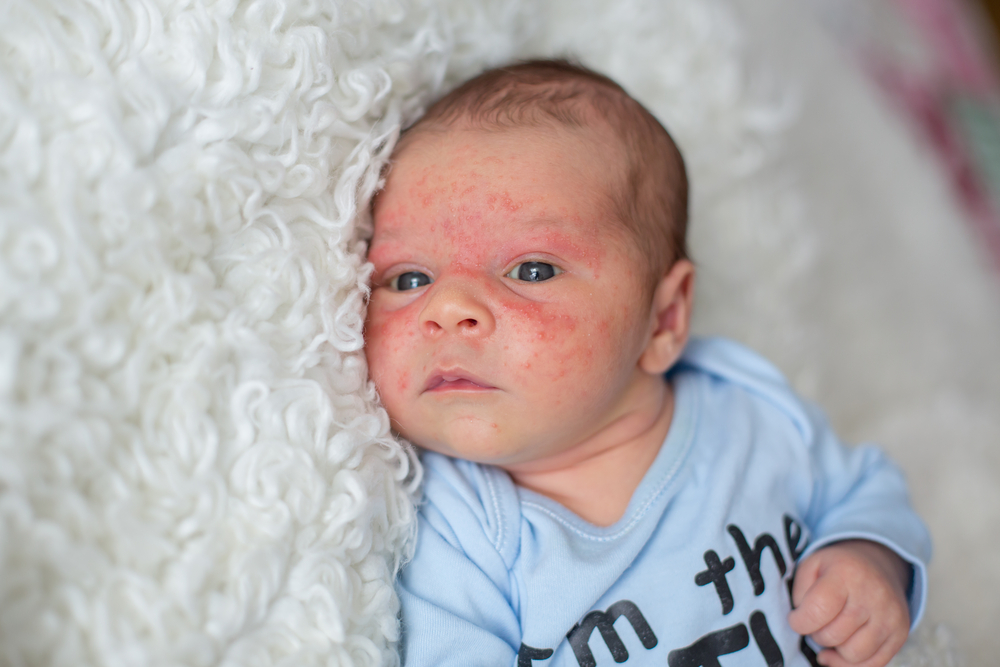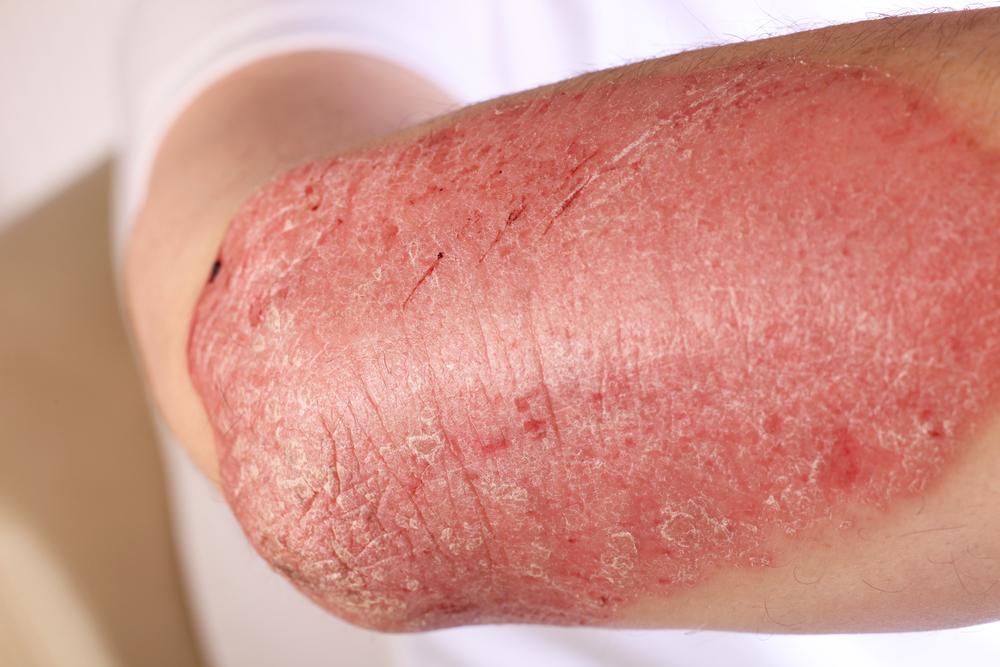Comprehensive Guide to Managing Eczema Symptoms Effectively
Managing eczema effectively requires a comprehensive understanding of its causes, symptoms, and treatment options. This detailed guide offers insights into recognizing eczema, employing effective skincare routines, and utilizing current medical therapies to control flare-ups. By following these strategies, individuals can minimize discomfort, prevent exacerbations, and maintain healthier skin. The article emphasizes personalized care, early detection, and lifestyle adjustments as key components in managing this chronic skin condition for a better quality of life.

Comprehensive Guide to Managing Eczema Symptoms Effectively
Effective approaches to controlling eczema
Eczema, also known as atopic dermatitis, is a chronic skin condition characterized by itchy, inflamed, and dry skin that can crack or develop open sores. It is a prevalent condition, particularly among children, but it can affect individuals of all ages. People experiencing eczema often face challenges managing their symptoms, which can significantly impact their quality of life. Understanding how to control and manage eczema is crucial to minimizing flare-ups and maintaining healthier skin.
Understanding eczema: what causes it?
While the exact cause of eczema remains a subject of ongoing research, scientists have identified multiple contributing factors that increase the risk of developing the condition. Genetic predisposition plays a prominent role; if eczema runs in your family, you may have a higher likelihood of experiencing it. Additionally, environmental influences and individual immune system responses are significant contributors.
Genetic factors greatly influence susceptibility to eczema, making some individuals more predisposed than others.
Weakened immune function can increase the risk of eczema flare-ups and severity.
Environmental triggers such as pollen, dust mites, pet dander, and harsh weather conditions can provoke symptoms.
Exposure to chemical irritants like soaps, detergents, and cleaning agents may exacerbate skin irritation.
Recognizing the signs and symptoms of eczema
Early identification of eczema symptoms can significantly reduce discomfort and prevent worsening of the condition. Watch out for these common indicators:
Dry, scaly, and rough patches of skin that often appear in affected areas
Persistent itching that can intensify at night or during stressful situations
Red or brownish patches, especially on the face, neck, behind the ears, and on the limbs
Swollen or irritated skin in areas like eyelids, wrists, or inside elbow folds
Hyperpigmentation or hypopigmentation, which might indicate chronic eczema
Strategies for effective eczema management
Controlling eczema involves a combination of medication, lifestyle adjustments, and skin care routines. Here are several proven methods to help manage symptoms effectively:
Topical treatments: Corticosteroid creams are often prescribed to reduce inflammation and itching. They should be used under medical supervision to avoid side effects. Calcineurin inhibitors are a steroid-free alternative suitable for sensitive skin areas.
Medications: Besides topical agents, antihistamines may help control itching. In more severe cases, your doctor might recommend oral or injectable medications, which are designed to modulate immune responses.
Phototherapy: Controlled exposure to ultraviolet (UV) light can help in reducing severe eczema symptoms. This treatment should always be administered by healthcare professionals.
Emerging treatments: Newer options, such as biologic therapies and targeted immune modulators, are currently in clinical trials and showing promising results for more effective long-term management.
Essential skin care tips for eczema patients
Maintaining healthy skin is fundamental to controlling eczema. Implement these habits into your daily routine:
Avoid scratching; consider using cold compresses to soothe irritated areas instead.
Maintain strict personal hygiene, but avoid overwashing, which can strip natural oils.
Use gentle, fragrance-free cleansers and moisturizers designed for sensitive skin.
Apply moisturizers immediately after bathing to lock in hydration.
Wear soft, breathable clothing to reduce irritation and sweating.
Manage stress through relaxation techniques, meditation, or yoga—stress can trigger flare-ups.
Expected recovery timeline and managing expectations
The duration and course of eczema vary widely from person to person. Several factors influence how quickly symptoms improve, including:
Overall immune health and individual response to treatment
The severity and extent of the initial flare-up
The appropriateness and consistency of treatment applied
Age and skin type of the patient
In mild cases, eczema may resolve within a few weeks with proper care. However, chronic or severe eczema often requires ongoing management and lifestyle adjustments to prevent recurrent flare-ups. Working closely with a healthcare professional is essential for developing a personalized treatment plan that offers the best chance for symptom control and improved skin health.





